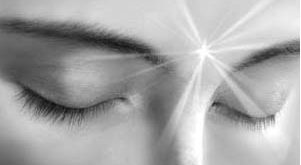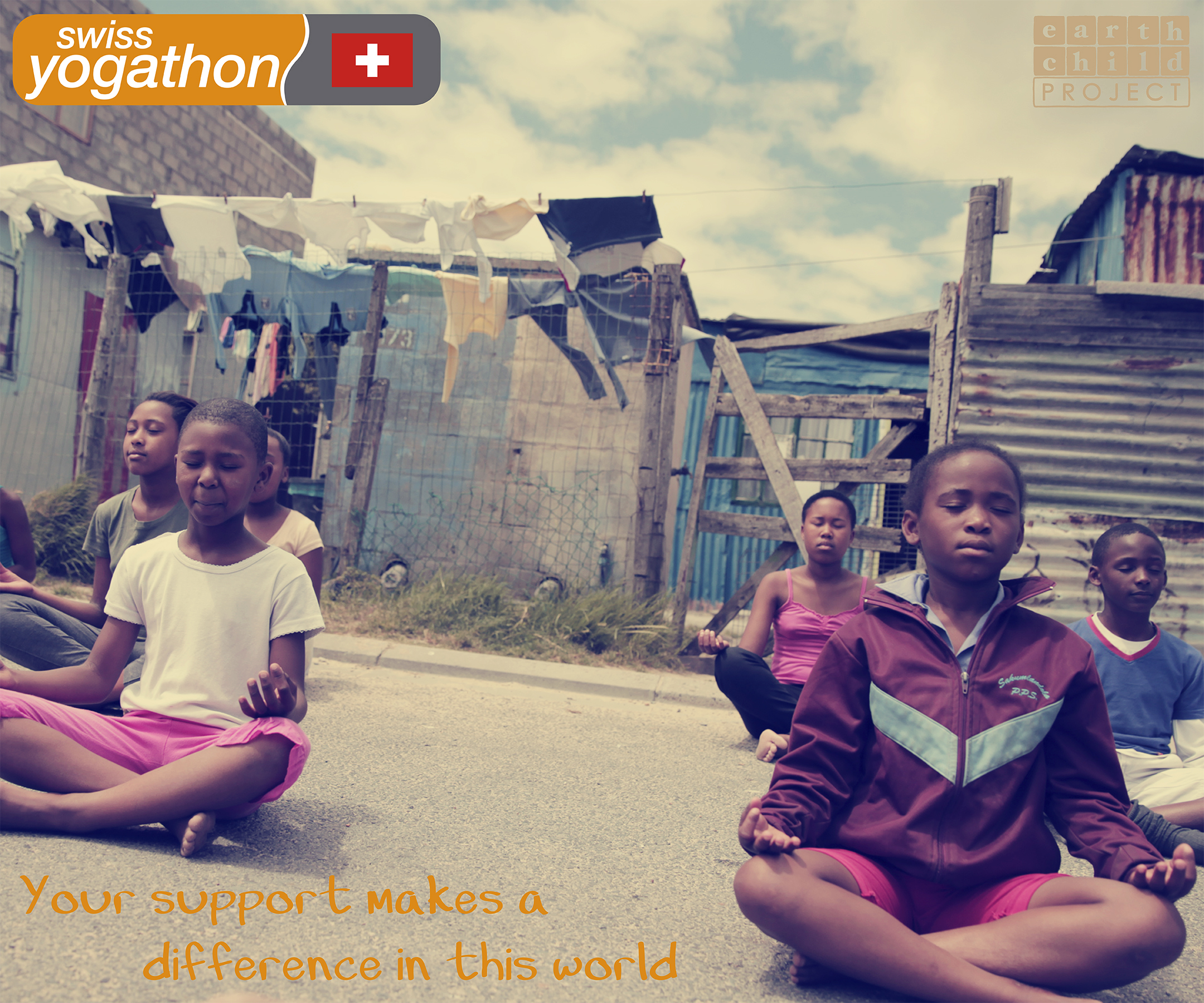What is Consciousness?
If you are conscious of something, you are aware of it. As too, if you are conscious, you are awake rather than asleep. Your mind and thoughts can be referred to as your consciousness, and your conscience is the part of your mind that tells you if what you are doing is right or wrong. Someone who is conscientious, takes time and is very careful about doing things correctly.
The state of being conscious is the awareness of one’s own existence, feelings, images, dreams, bodily sensations, thoughts and surroundings. It is the full activity of the mind and senses as in waking life, and it can be an awareness, or knowledge in the sense that if one is conscious of something, one also has knowledge of it for what it is. To increase one’s consciousness, is to increase one’s awareness and understanding of one’s own needs, behaviour and attitudes.
Unfortunately many people are not aware of their current state of consciousness or what even defines consciousness. Most people, when asked what consciousness is, will reply that it is the state of being awake. Although this is correct, there is much more to consciousness than this, in that one could be physically awake and yet still be totally unconscious in their overall awareness.
Consciousness is commonly defined as the characteristics of a being possessing qualities such as subjectivity, self-awareness and the ability to understand the relationship between oneself and one’s environment. One could say that consciousness is the ability of a being to recognise patterns and meaning, with respect to events taking place, both within oneself and externally. Consciousness, or the lack thereof, is responsible for the conditions in which we find ourselves, in all times and all places. By increasing our conscious awareness we can master the ability to make conscious choices, to bring about positive effects and conditions in our relationships and in our lives.
Living consciously is about taking control of your life, about thinking about your decisions rather than making them without thought. It is about having a life that we want, as opposed to settling for the one we have. Although it sounds simple, few people actually do this. It is easy to live life doing what we always do, because that’s what we’re used to doing. Living consciously is a lifestyle, a skill and an art. It is a habit you form for the rest of your life.
Being conscious of how your decisions affect others is important. The conscious mind determines the actions, the unconscious mind determines the reactions and the reactions are just as important as the actions. By taking conscious control of our decisions, we are activating certain neural pathways in the brain that promote self-control, calmness and inner peace. Allowing others to dictate our decisions, or not taking full conscious responsibility for our decisions, makes us less conscious in the choices we make.
By sharing and expressing gratitude, one becomes more consciously aware of the things that you truly appreciate in life.
It is known that through meditation one can raise conscious awareness, attain greater focus, discipline and develop a deeper connection in life and your surroundings.






